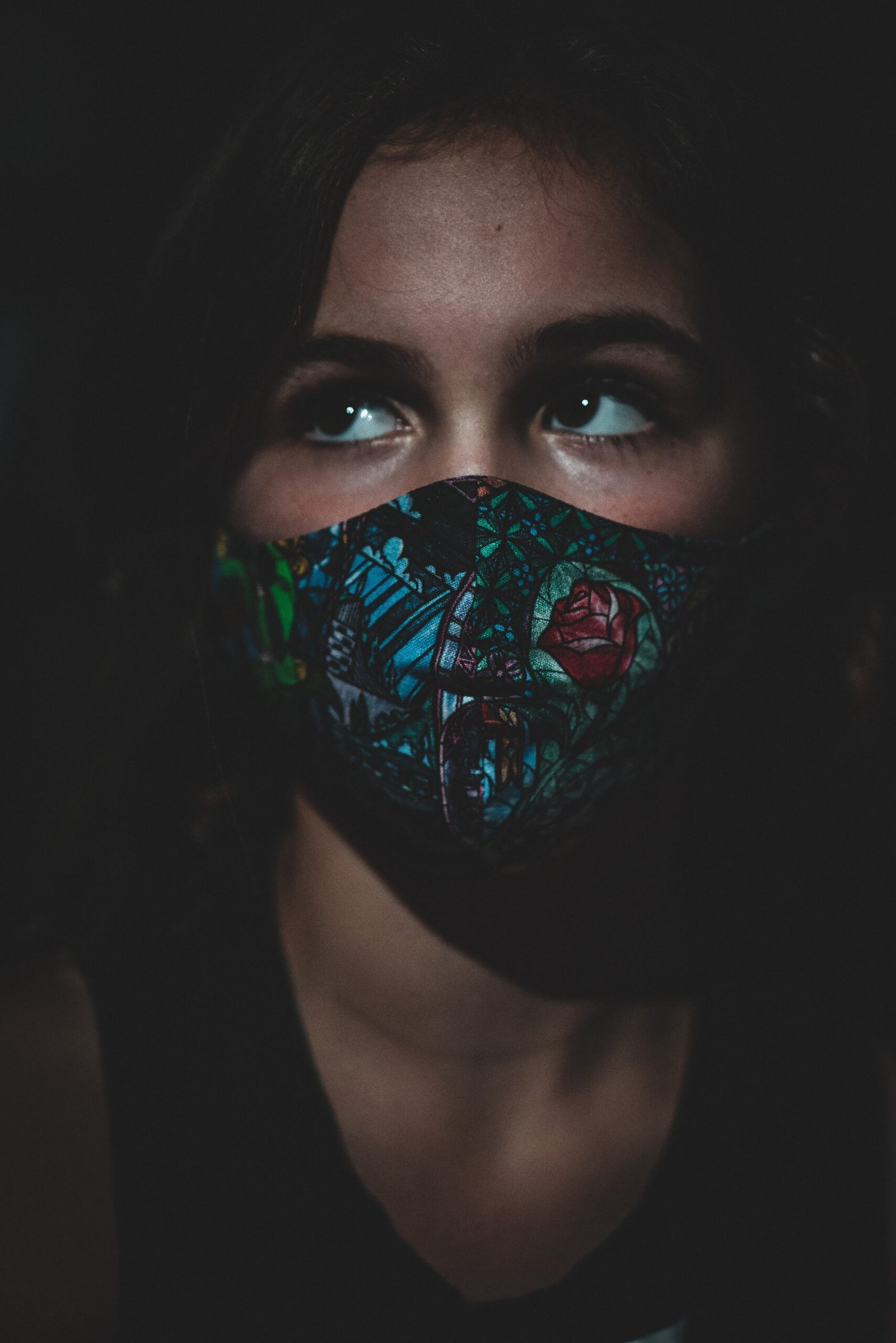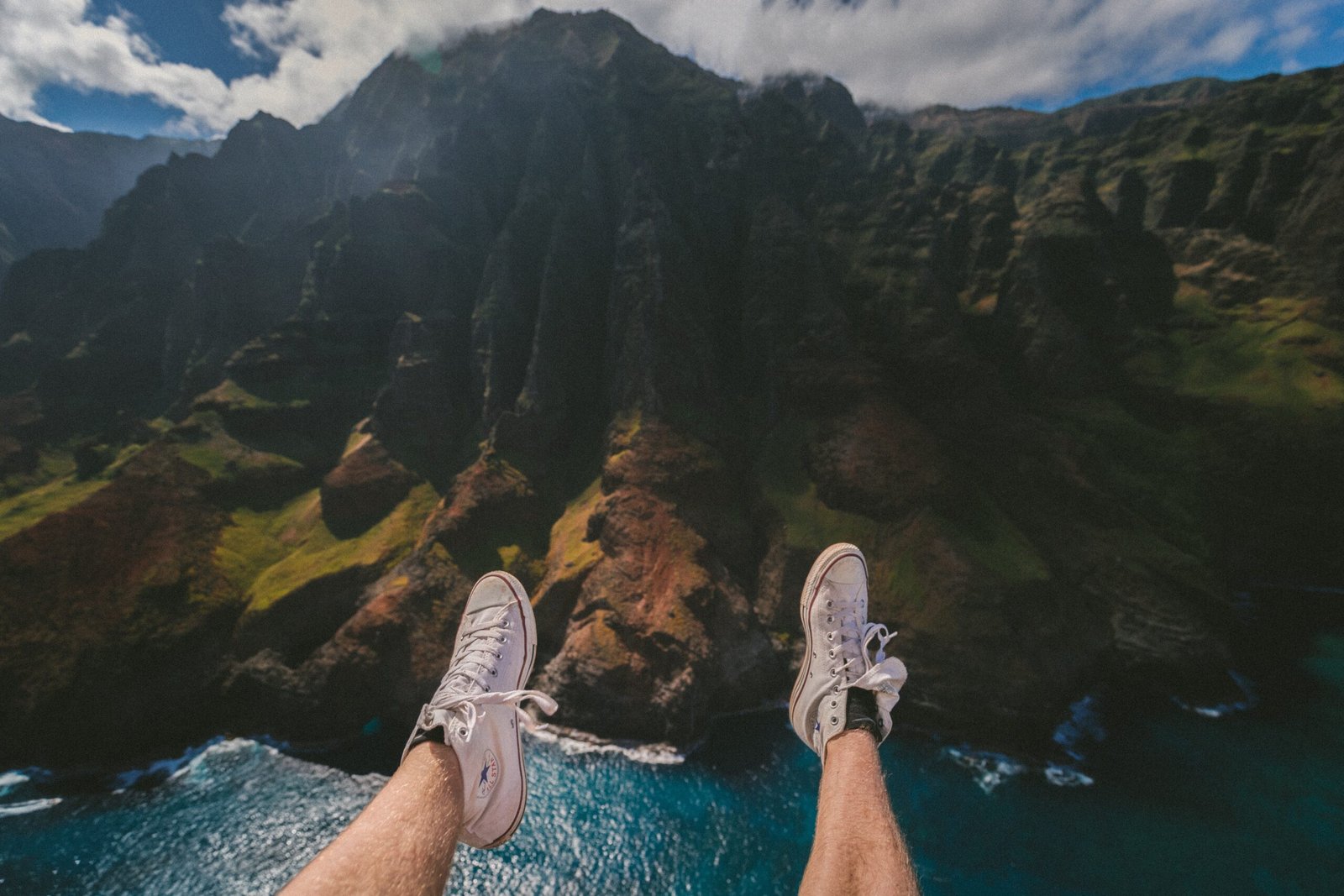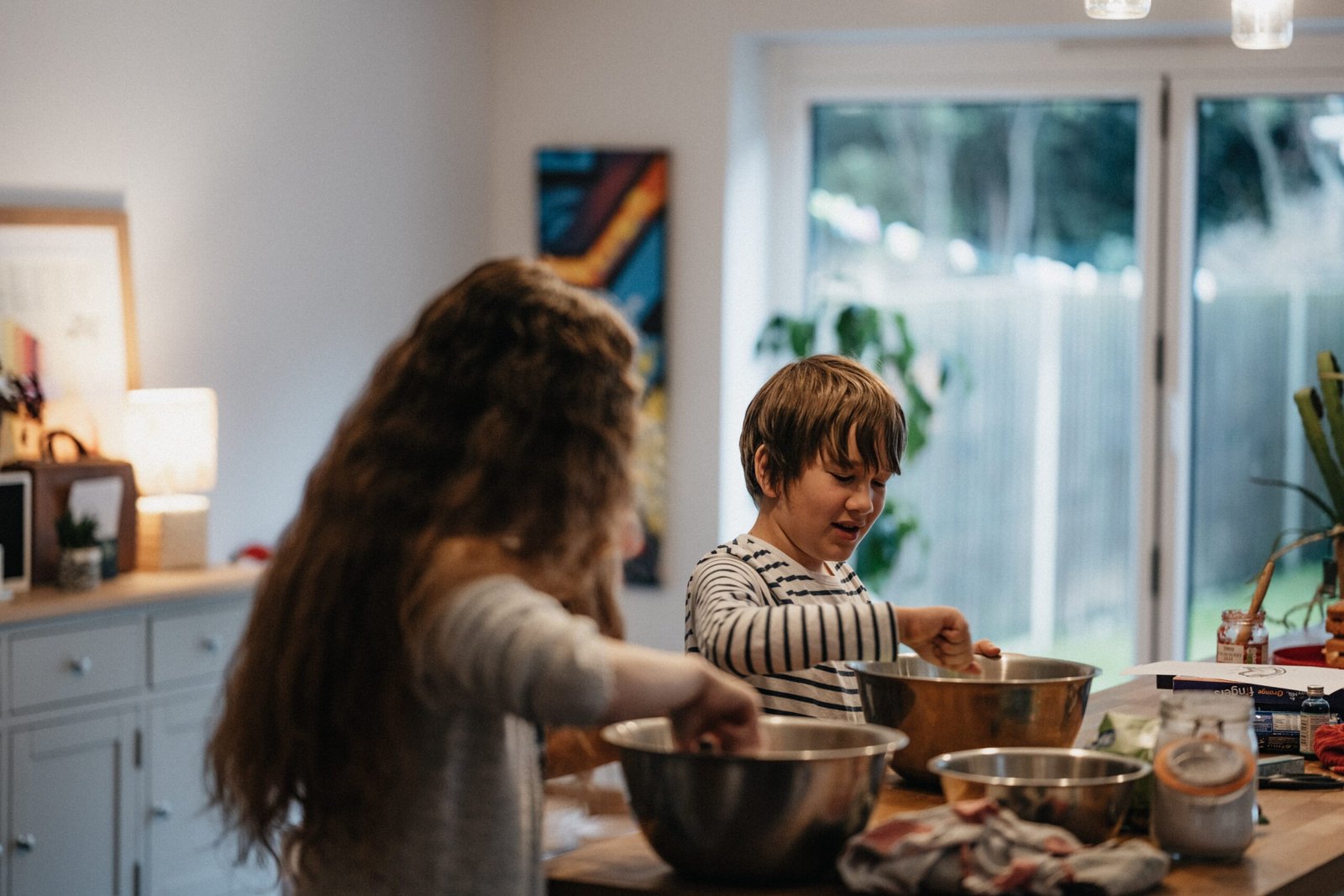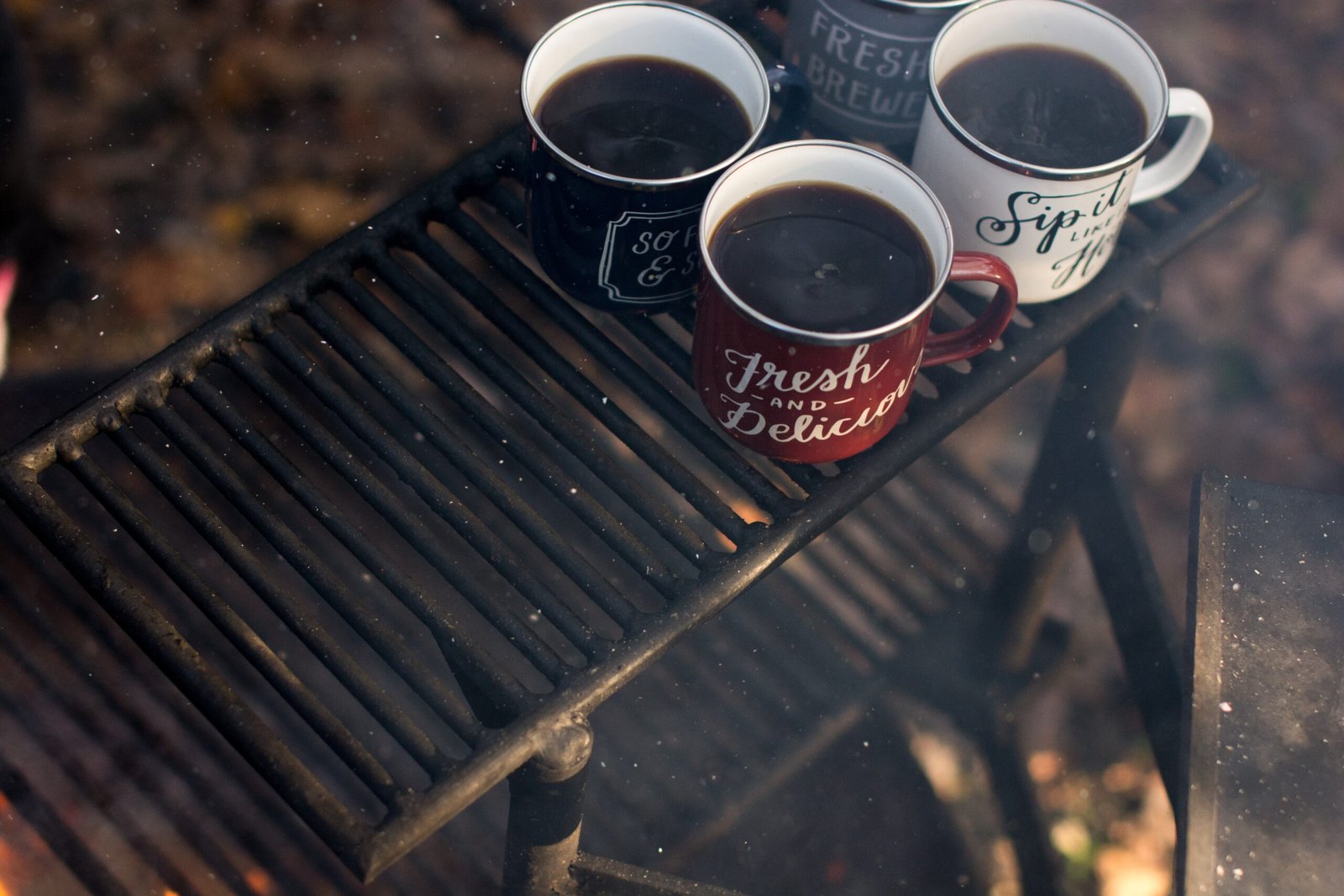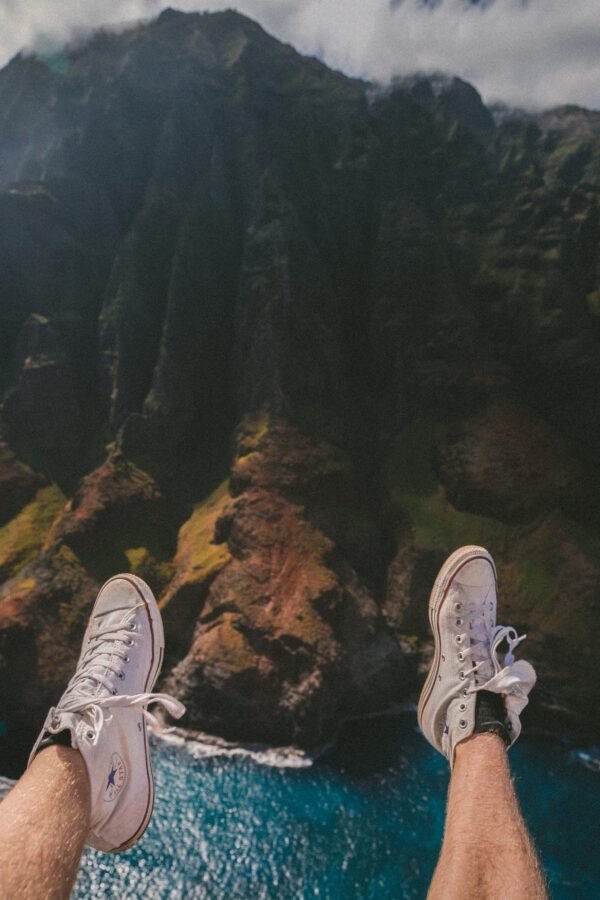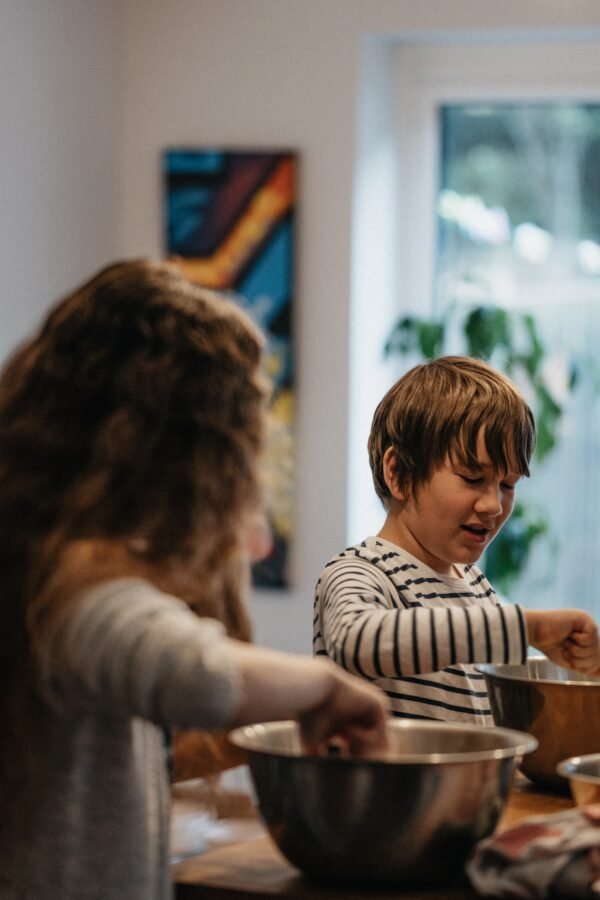During the COVID-19 pandemic, millennials have embraced camping as a safe and enjoyable recreational activity. According to a survey by Kampgrounds of America, nearly half of the people who went camping this summer were either new campers or hadn’t camped in recent years. Millennials accounted for 40% of all campers and 55% of new campers, indicating a surge in interest among this demographic. The survey also revealed that most new campers chose camping as a family activity, with many stating that they are currently working from home. Camping is considered a “lowest risk” activity by the Centers for Disease Control and Prevention, making it an attractive option for people looking for safe ways to travel during the pandemic.
Reasons for the Surge in Camping During the Pandemic
The COVID-19 pandemic has brought about significant changes in people’s lifestyles and preferences, especially when it comes to vacation options. Camping has seen a surge in popularity during these uncertain times for several reasons.
1. Safe and Socially Distanced Vacation Option
One of the main reasons for the surge in camping during the pandemic is that it offers a safe and socially distanced vacation option. With concerns about the spread of the virus, many people are looking for ways to travel and enjoy a vacation while minimizing their exposure to others. Camping allows individuals and families to maintain distance from others, as they can choose remote campsites and avoid crowded areas. This makes camping an attractive option for those who want to enjoy a vacation while prioritizing their health and safety.
2. Escape from the Confines of Home
The prolonged periods of lockdown and stay-at-home orders have left many individuals feeling cooped up and eager to escape the confines of their homes. Camping provides a much-needed opportunity to break free from the daily routine and immerse oneself in nature. The vast open spaces, fresh air, and serene surroundings offer a sense of freedom and tranquility that is hard to find within the four walls of a house. Camping allows people to reconnect with nature and experience a change of scenery, helping to alleviate the stress and monotony brought about by the pandemic.
3. Increased Interest in Outdoor Activities
The pandemic has sparked a renewed interest in outdoor activities as people seek ways to stay active and maintain their physical and mental well-being. With many indoor venues and activities restricted or closed, camping offers a unique opportunity to engage in recreational pursuits in a natural setting. Whether it’s hiking, fishing, biking, or simply enjoying a picnic in the great outdoors, camping provides a range of activities that cater to different interests and skill levels. This increased interest in outdoor activities has contributed to the surge in camping during the pandemic.
4. Family-Friendly and Affordable Option
Another reason for the surge in camping is that it is a family-friendly and affordable vacation option. With limited options for travel and entertainment, families are increasingly turning to camping as a way to create lasting memories and spend quality time together. Camping allows families to bond over shared experiences, such as setting up tents, cooking meals over a campfire, and exploring nature trails. Additionally, camping is often more affordable than traditional vacations, as it eliminates the costs associated with flights, hotels, and restaurant meals. This affordability factor has made camping an attractive option for families looking to make the most of their vacation budget.
5. Opportunities for Self-Reliance and Survival Skills
The pandemic has prompted many individuals to reassess their reliance on modern conveniences and develop a sense of self-reliance and survival skills. Camping provides the perfect opportunity to practice these skills and become more self-sufficient. Setting up a campsite, starting a fire, cooking meals outdoors, and navigating natural environments all require a certain level of resourcefulness and adaptability. Engaging in these activities during a camping trip allows individuals to gain confidence in their ability to handle challenges and emergencies, fostering a sense of empowerment and preparedness.
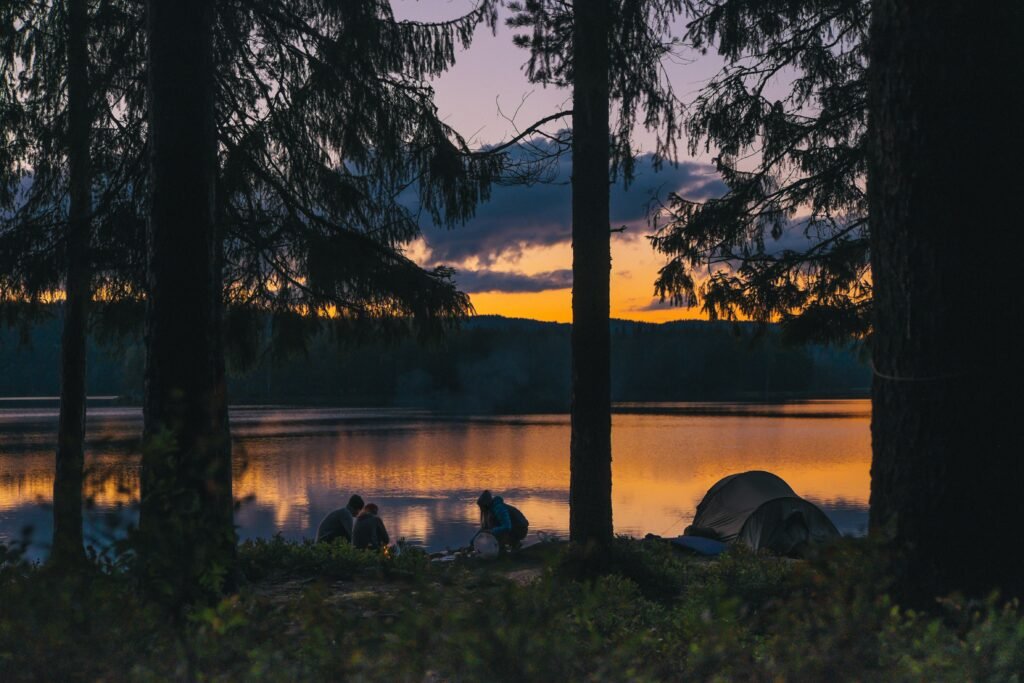
Demographic Trends in Camping
The surge in camping during the pandemic has been influenced by specific demographic trends, shedding light on the preferences and motivations of different groups.
1. Millennials Making Up a Significant Portion of Campers
Millennials have emerged as a significant portion of campers during the pandemic. This generation, born between 1981 and 1996, has shown a strong interest in outdoor activities and experiences. With the pandemic restricting traditional forms of entertainment and travel, millennials have turned to camping as a way to satisfy their desire for adventure and exploration. Their adaptable and tech-savvy nature also makes them well-suited for camping, as they can navigate online reservation systems, research camping gear, and share their experiences through social media platforms. The surge in millennial campers during the pandemic highlights their influence on travel trends and the enduring popularity of camping among this demographic.
2. Impact of Remote Work on Camping Preferences
The shift to remote work has had a significant impact on camping preferences. With many individuals no longer tied to a physical office location, the flexibility to work from anywhere has opened up new possibilities for camping. The ability to combine work and leisure in a natural setting has attracted individuals and families to camping as a way to break free from the monotony of home offices and mundane work environments. Remote work provides the opportunity to extend camping trips and transform them into long-term stays, allowing individuals to enjoy the benefits of nature while still fulfilling their work responsibilities. This newfound compatibility between remote work and camping has contributed to the surge in camping during the pandemic.
5. Practice Leave-No-Trace Principles
In an era of increasing awareness about environmental conservation, practicing Leave-No-Trace principles has become a crucial aspect of camping. Leave-No-Trace refers to the set of ethical guidelines that promote responsible outdoor behavior to minimize human impact on natural spaces. The pandemic has heightened the importance of these principles, as more people turn to camping and outdoor activities. Being mindful of one’s actions, respecting wildlife and vegetation, and leaving natural areas as pristine as possible are essential to preserving the beauty and integrity of camping destinations. The surge in camping during the pandemic has brought about greater awareness and emphasis on Leave-No-Trace principles, ensuring that future generations can continue to enjoy the wonders of the outdoors.
In conclusion, there are several reasons for the surge in camping during the pandemic. The safe and socially distanced nature of camping provides an attractive vacation option for individuals and families. The opportunity to escape the confines of home and engage in outdoor activities has become increasingly appealing. Camping offers a family-friendly and affordable vacation option, while also providing opportunities for self-reliance and survival skills. The surge in camping is further influenced by demographic trends, with millennials playing a significant role and the impact of remote work on camping preferences. Additionally, the emphasis on practicing Leave-No-Trace principles reflects a growing commitment to environmental responsibility. As the world navigates through the pandemic, camping continues to be a popular choice for those seeking a safe, enjoyable, and fulfilling vacation experience.

